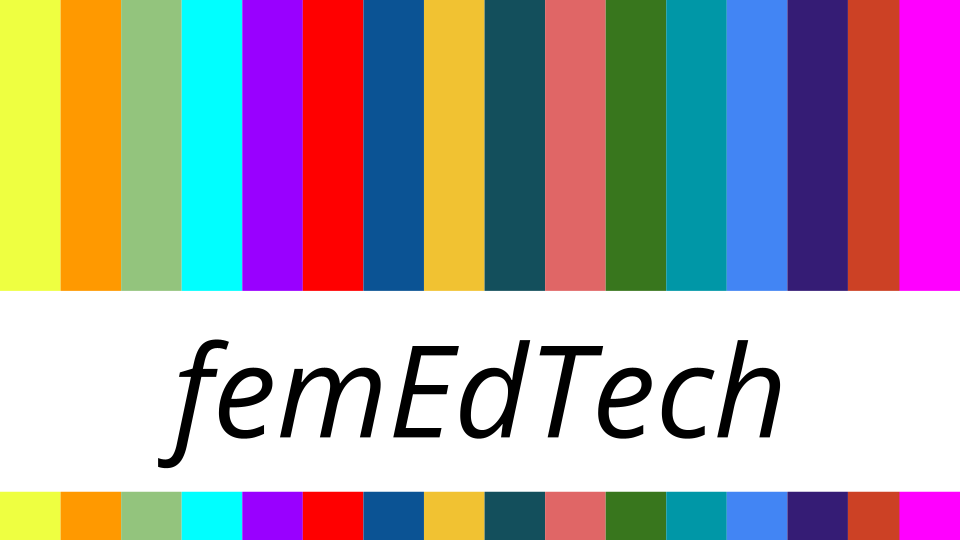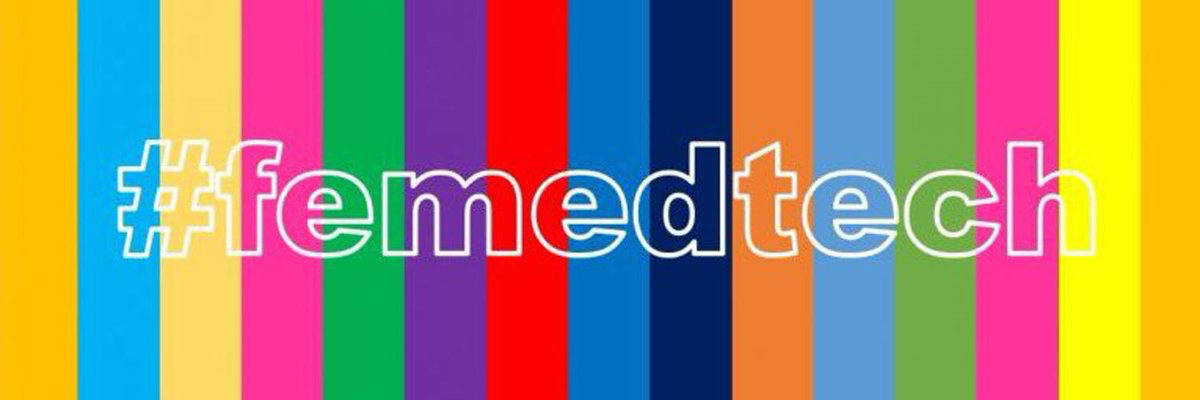Opening post for femedtech Values Activity
Two entrancing keynotes at OER19 were concerned with threads and entanglements. Kate Bowles spoke of the fabric of education being torn by ‘marketisation, precarity and audit’, and about the collective repair work needed. She has since blogged about a kind of writing that allows for ‘both thinking time and sewing time… It’s not about reputation, or citation, or status. It’s about the world we make when we write together’. Su-Ming Khoo also spoke of repair in a way that suggests darning: a ‘reparative assembling in the open’ that leaves its marks, but those marks are also signs of care. The entanglement with one another Su spoke about (more threads) are what create the conditions for shared making and careful repair.
Our values statement, we hope, will develop like Kate’s quilt, with different examples and reflections that touch on each other, allowing something patterned and more complete to emerge.
I’m reminded that making cloth has been associated with women’s work for tens of thousands of years, and that women textile workers were among the first to strike for fair wages and conditions. The Cyberfeminists of the 1980s and 90s saw weaving the world wide web of knowledge as ‘women’s work’ for similar reasons: it was patient, emergent, local in scope but globally extensive, inherently connective and collaborative.
But I notice how naively optimistic some of those writers sound today. I don’t think we should underestimate the difficulties of collaboration and care. It’s hard to set aside our own claims to authorship and authority, to find truly common ground in the late capitalist mill of knowledge production and reproduction that so many OER19 sessions pointed to. It’s hard to build convivial associations that are not contaminated by power and privilege – harder still when they are also the spaces in which we must create individual value from our labour.
For me, reflecting on the values of femedtech is entangled with thinking about solidarity of all kinds. How do we name our privilege as particular writers/makers, while still writing and hoping (for the privilege that) our writing might make a difference? How do we write authentically as ourselves – not writing over, on behalf of, in the voice of others, not claiming our identities are more capacious than others’ are – without becoming fixed in an attitude and identity that can never completely fit us? After all, we are all in some ways marginal, in other ways central, and always capable of becoming something else – more or less skilled, for example, with the cloth of academic credibility, political persuasion, personal confession.
From these multiple strands of thought I want to offer two resources for reflecting on our values. I recently read an essay by Becky Faith on GenderIT.orgcalled ‘why we need a feminist digital economics’. From a number of brilliant threads, these stood out for me:
‘women act as ‘digital housewives’; building and sustaining online relationships, producing and sharing content’ (Jarrett 2015).
(Is open just another form of unpaid domestic labour then?)
‘Cheap female labour is the engine that powers the internet’ (Nakamura 2015).
(Just as women were the first ‘computers’, paid little more than secretaries for the role.)
But also this: ‘historically and in our time, women have depended more than men on access to communal resources, and have been most committed to their defense’(Federici 2012).
Federici allows us to see open labour as creating and defending a commons, rather than just accepting positions of precarity and invisibility. The Internet as commons gives us material grounds for solidarity. And to create/defend the Internet as commons, argues Faith, we need feminist values, as enshrined in APC’s Internet Rights Charter. From the Feminist Principles of the Internet, I’m especially fond of the two relating to the economyand building movements. But all of them are important, and all of them are bodied out with material examples and ideas for practice. As we hope ours will be.
As an example of values in practice – and in keeping with my theme of threads – I want to offer the resources of Fashion Revolution week 2019, which closed in the day I was writing this post. FR encourages fashion consumers and students to educate themselves about how and where clothes are made. In 2017 – though sadly not running this year – FR collaborated with Exeter University to produce a free, open online course called ‘Who Made My Clothes?’. It was a call to learning and research, but also to action:
‘[You will] use your findings to press the fashion industry to value people, the environment, creativity and profit in equal measure. [This course] will encourage us to question what we, as active global citizens, can do to enable change.’
The fashion industry is several squares across the quilt from where we started with the values of #femedtech. But I think both are about bringing new relationships alive – in this case between consumers, students and makers of clothes. They’re about exposing the material labour behind abstract ideas, and the gendered bodies that inhabit them.
With #femedtech, as with fashion, there’s plenty of recycling. What we stitch up will be piecework, and patchwork, and acknowledging where our materials come from will be just as important (just as much of a gift) as whatever new thing we make from them.




Provide Feedback